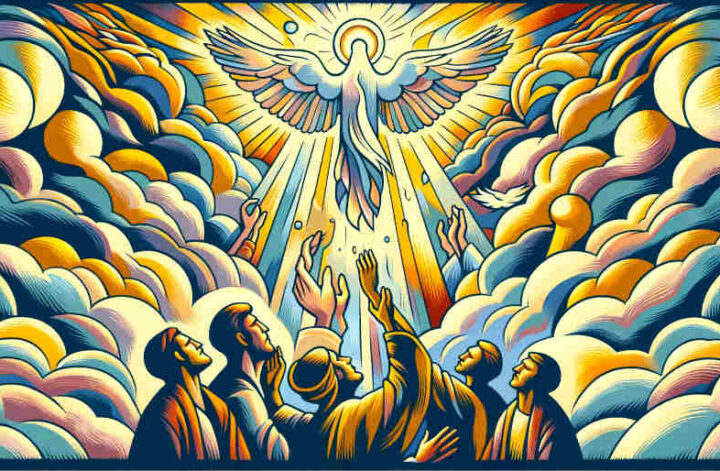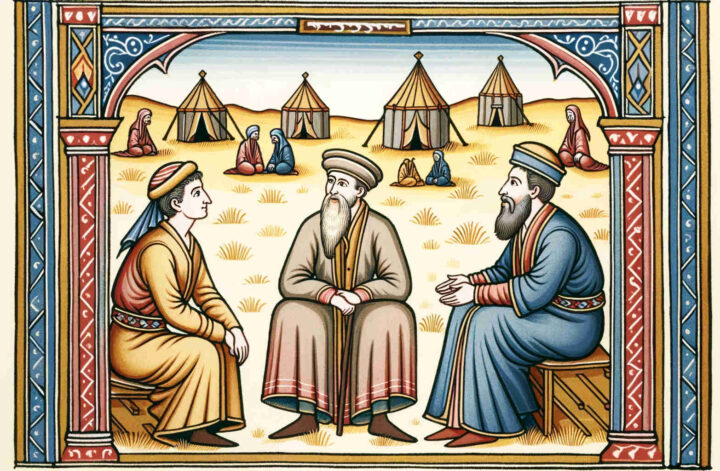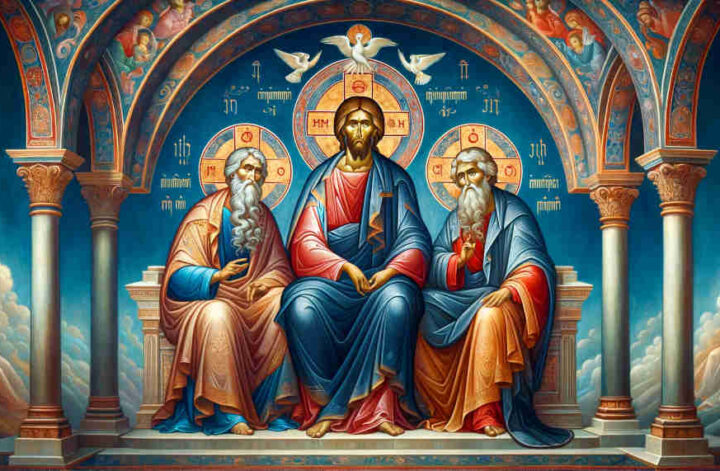Dear Theophilus,
As I delve deeper into theological studies, I’ve encountered various interpretations of predestination within Christianity. I’m eager to understand, from a Christian standpoint, who is believed to be saved by God according to the concept of predestination?
In faith and curiosity,
Eusebius
The Spectrum of Christian Beliefs on Predestination
Dear Eusebius,
Your inquiry touches upon one of the more complex and debated topics within Christian theology. Predestination pertains to God’s foreknowledge and sovereignty, particularly concerning who is elected for salvation. It is important to note that there are differing views within Christianity on this subject.
Predestination in Calvinist Theology
Within Protestantism, particularly in the Reformed tradition initiated by John Calvin, predestination is understood in the sense that God, before the foundation of the world, has chosen (elected) some people for salvation while leaving others to their deserved condemnation. This is often summarized by the term ‘double predestination’.
The Arminian Perspective on Free Will
Contrasting with this view is the Arminian perspective, which emphasizes human free will and God’s foreknowledge. According to Arminianism, God predestines individuals to salvation based on His foreknowledge of who will choose to have faith in Christ. Thus, while God’s sovereignty is acknowledged, human response plays a vital role in this theological framework.
Catholic and Orthodox Views on Predestination
The Catholic Church maintains a balance between God’s sovereignty and human free will. The Catechism of the Catholic Church states that God “destines” all people to salvation, desiring that all should be saved, and that it is through a person’s response to God’s grace, which is always freely given, that they are saved.
Similarly, the Orthodox Church emphasizes the mystery of salvation and predestination, cautioning against a fatalistic approach and asserting the cooperative synergy between divine grace and human freedom.
Universalism and Inclusivism
There are also theological positions such as Christian universalism, which proposes that all people will ultimately be reconciled to God, and inclusivism, which suggests that salvation is through Christ alone but that He can save people through means that are not explicitly Christian.
Conclusion
In summary, Eusebius, the question of whom God saves according to predestination is answered differently across the Christian spectrum. Some hold to a strict predestinarian view, others to a view that incorporates human choice, and still others to more inclusive theories of salvation. It is a rich field of theological discourse that continues to be explored and debated in Christian thought.
As you consider these perspectives, may you be guided by a spirit of wisdom and understanding that deepens your faith and appreciation for the vastness of God’s grace.
Grace and peace,
Theophil



